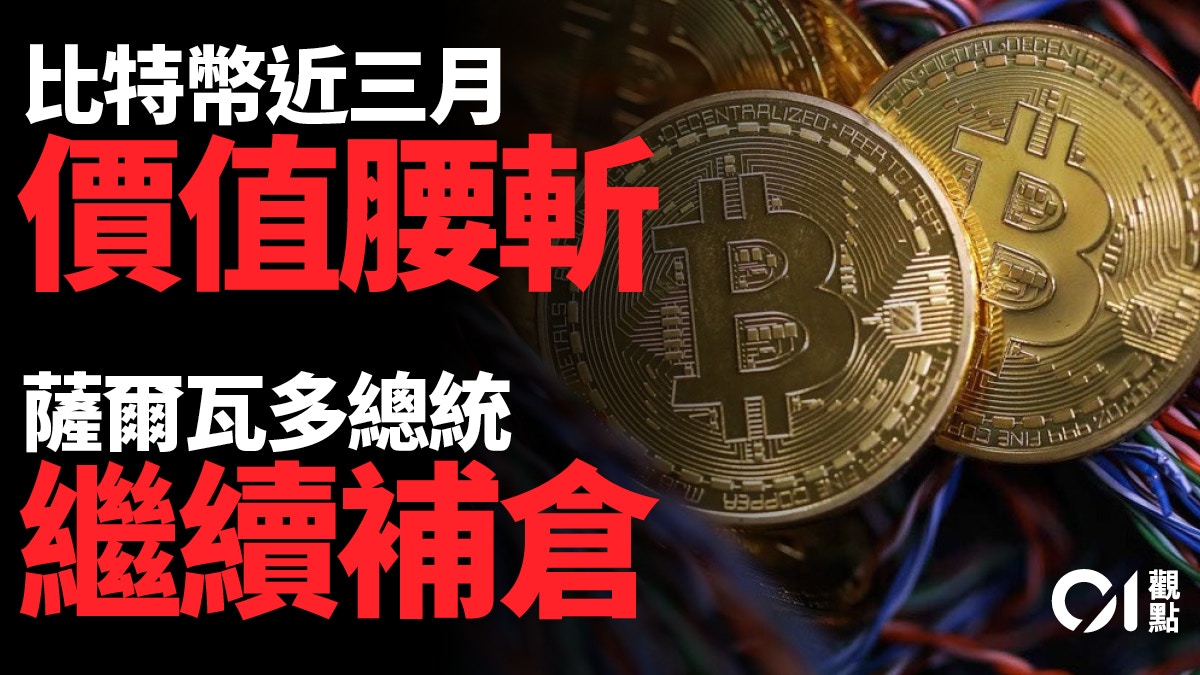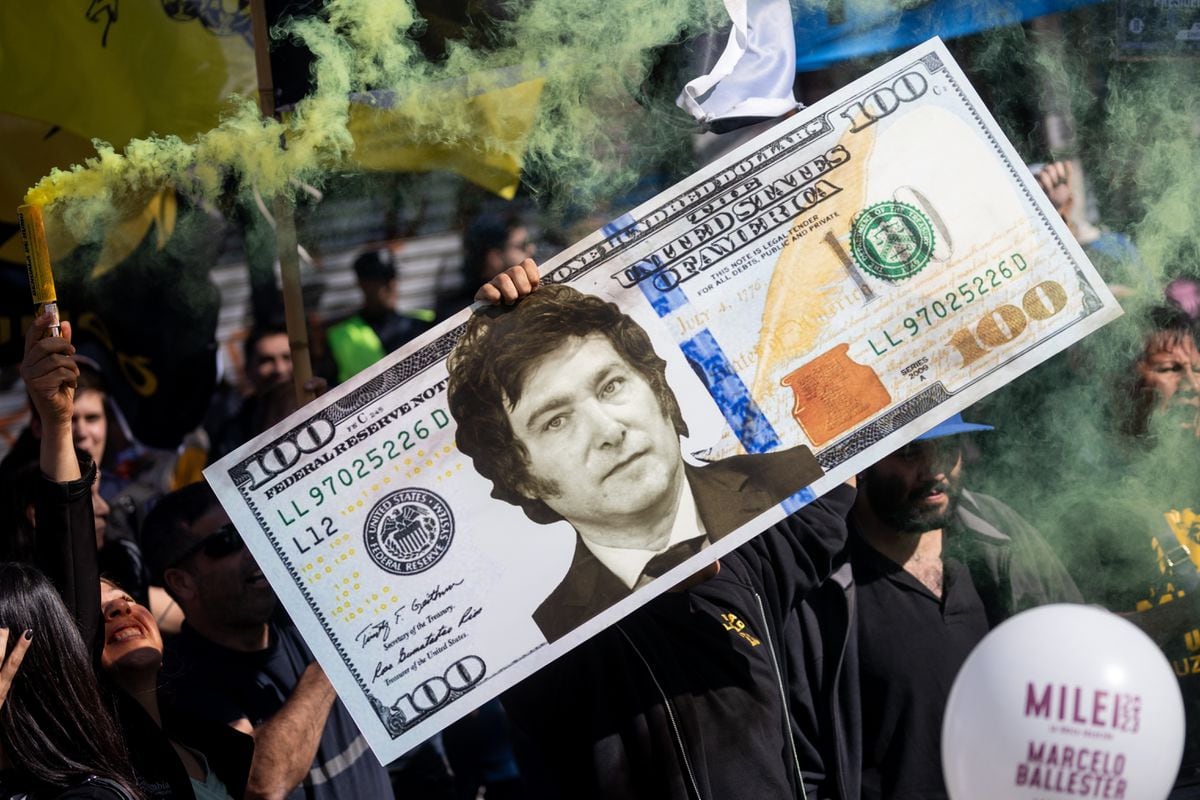The US Federal Reserve is about to raise interest rates, and foreign capital markets have been sluggish since the beginning of the year.
In recent days, coupled with the cloud of war in Ukraine, the market volatility has become even more dramatic.
The US stock Dow once fell more than 1,100 points on Monday (24th), but then the market rebounded sharply and rose by dozens of points.
Similarly, cryptocurrencies, the new favorite of the capital market in recent years, have also experienced huge fluctuations recently.
Take Bitcoin as an example. It was quoted at more than $68,000 at its highest point in November last year, and was “halved” to $33,000 at its lowest point on Monday.
It's not surprising that high-risk financial products have come and gone, but for those hoping that cryptocurrencies can become a true medium of exchange, this is undoubtedly very bad news.
Just last September, El Salvador, a small country in Central America, officially listed bitcoin and the US dollar as the country’s legal tender, becoming the world’s first sovereign country to grant cryptocurrency “fiat currency” status.
Looking at it now, this "experiment" that has lasted more than three months may have ended in failure.
Bitcoin is difficult for daily transactions
Economic common sense tells us that an ideal medium of exchange must have stable purchasing power.
If the value of a currency continues to change in a “roller coaster” style in the short term, its purchasing power cannot be estimated stably, and it will eventually make ordinary users give up using it. Even if it is designated as legal currency, there will be problems such as rejection and black market transactions.
Obviously, Bitcoin, which has halved in value within two months, is difficult to meet the basic conditions of an ideal currency.
El Salvador is the first sovereign country in the world to grant the status of "fiat currency" to cryptocurrencies.
In fact, the local general public is not willing to use Bitcoin for daily transactions, and 90% of the people do not accept the use of Bitcoin.
The so-called "fiat currency" is just the government taking the lead in buying it with the treasury to "speculate currency".
Despite the recent sharp drop in the value of bitcoin, the president of El Salvador insisted on continuing to increase his positions. A few days ago, he announced on social media that he had bought 410 bitcoins, and it is estimated that he holds a total of 1,500 to 1,800 bitcoins.
The government converts a large amount of reserves into bitcoin, which is equivalent to betting the national financial system on bitcoin, which is a greater threat to the country's economic stability.
Recently, even the International Monetary Fund (IMF) has publicly warned El Salvador and issued a statement urging the government to abandon Bitcoin as legal tender as soon as possible.
Governance is inseparable
The failure of the Bitcoin experiment in El Salvador reflects not only the government’s betting of national finances on risky assets, but also the leadership’s far-off policy thinking.
The country's leadership has wishful thinking that as long as Bitcoin is designated as "fiat currency", and some incentives are added to make the people switch to Bitcoin, they don't know that the people don't sell it at all.
Most people use currency for everyday transactions, not as a speculative asset.
Even in rich countries such as the United States, not everyone is willing to invest in high-risk assets such as Bitcoin, not to mention El Salvador's per capita GDP is only $3,800, which is less than 6% of the United States.
Bitcoin simply does not have the credibility and convenience most needed as a currency for daily transactions, and failure can be expected early.
The decision-makers who launched the "fiat currency Bitcoin" policy at the beginning launched such a high-risk policy without even knowing the basic needs of the people, which is enough to teach the world a lesson.
Although Hong Kong's administrators have not been able to use public funds to "speculate currency", sometimes their governance is not enough, and there is often a big gap between the final imagination and the effect.
The problem has become so serious because the government's handling of the anti-amendment protests is completely off the ground.
Since the outbreak of the epidemic, many epidemic prevention policies have been criticized for leaving the ground. For example, the ban on dine-in lunch has forced workers to eat on the roadside. Recently, due to the outbreak of Omicron, the quarantine and forced inspection have not been taken care of as soon as possible. The daily life of the besieged citizens.
Another example is the "Subdivided Housing Rent Control" ordinance passed at the end of last year, which did not take into account issues such as long-term contracts and prior rent increases.
In fact, these problems all stem from the fact that the government does not know the real people's conditions "on the ground", and it also shows that there is still room for improvement in governance.
Bitcoin's Spear and Shield - Decentralization Betting the Country's Fortune on Bitcoin It is a matter of time before the small Central American country regulates cryptocurrencies








/cloudfront-eu-central-1.images.arcpublishing.com/prisa/RHYRDMQQ7BG5JOUSKAXBLKE6YE.jpg)






